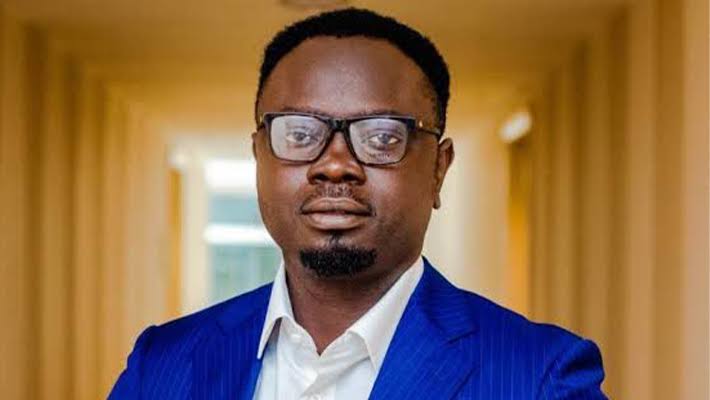News Investigators/ The Minister of Youth Development, Ayodele Olawande, on Thursday urged youths to shift their focus from street protests to constructive dialogue and negotiation.
Mr Olawande made the call in Abuja while delivering the keynote address at the Youth National Discourse Abuja 2025, organised by the Eleniyancares Leadership Foundation.
The theme of the discourse was “From Protest to Dialogue: Redefining Youth Engagement for National Transformation.”
The minister said that while protest is a feature of democracy, dialogue is essential for sustainable national progress
“Nigerian youth should shift from street protests to the negotiation table,” he said.
Minister Olawande revealed that his leadership focus was deeply influenced by a young protester whose placard read: “I am not angry, but I am poor, I am hungry because no one listens to me.”
Describing the Nigerian youth as the most hard-working in the world, the minister asserted that their protests stem not from hatred for the country, but from intense love and a refusal to give up.
He noted that for 40 years, the country had been governed by “rulers, not leaders” who ignored the youth, making it impossible for young people to feel the presence of government.
“Our political system has continued to favour the youth in formal group, those who can speak big grammars and phonetics while the informal group on the streets that could not speak good English were being neglected.
“I realise that the youth of Nigeria do not protest because they hate this country, it’s just because there is nobody to listen to them.
”They protest because they love the country so much and they do not want to give up.
“They believe that with doing one or two things they will be listening to. They want to be heard, they want to be part of the solution,” Olawande said.
He, however said that that the current administration had ushered in an era of “leaders that listen,” noting that for the first time in the country’s history, a young person is in charge of the Ministry of Youth Development.
“That is why I said that this is the first time we are having a leadership in this country. That is why I can even stand in front of you and start saying that I’m doing keynotes because they listen to us.
“They believe that one of us for the first time in the history of the country to be in charge of the ministry,’’ Olawande said.
The minister stated that his entire leadership brief has been shaped by an encounter with a protesting youth whose placard read: “I am not angry but I am poor, I am hungry because no one listen to me.”
“`My meeting with this young man with this blanket continues to shape his brief and also hear from him and my faith that our progress as a country will not come from the street of protest, but one from the table to dialogue.
“ Protest is part of democracy, but dialogue sustains progress. That is why today the theme from protest to dialogue is very important.
“This gathering itself is a proof that Nigerian youth are very passionate and are now ready to channel their position, their perceptions, and what they think, their actions to make up a reason.
“When President Bola Tinubu launched the Renew Hope Agenda, it was very clear that the youth must be the center of this hope,’’ he said.
Mr Olawande urged youth to engage government more through research and value contribution, rather than confrontation.
He noted that the 2025 budget alone has over 869 Youth initiatives, which young people need to be aware of and connect with.
He outlined some of the main focus of his ministry designed to create a conducive environment for young people to thrive, which according to him is “simple work of government”.
His listed them to include “Support the Youth’’ aimed to ensure every youth endeavour across all sectors—including sports, entertainment, agriculture, education, and technology—receives necessary backing.
He added that the ministry was engaging in productive empowerment targets to move away from “cosmetic tokenism” and focus on empowering youth productively with tools like start-up grants for their innovative ideas.
The ultimate goal according to him is to raise young Nigerians to be “employers of labour not job seekers.
Others according to him include “Protect the Young People’’ to establish an open-door policy to shield youth from harassment and ensure their voices are heard and protected.
He stressed the need for partnership and collaboration in empowering the youth productively, not the usual tokenism, saying “a lot of youth have ideas and innovations.’’
“I believe that when you empower a youth productively, a start-up grant, what we need is words that can shape in our ideas.
He pledged his commitment to drive campaigns that would ensure that in the next two years, seven million young people will have at least two skills, irrespective of political affiliations.
“When dialogue happens, angers will turn into understanding… and protest will become a participation,” the Minister concluded.
“We can boldly encourage young people to move from Protest to dialogue, from confrontation to collaboration,”
He affirmed that the ministry is building a system that leads with empathy and plans to establish youth desks in all 36 states to encourage direct connection and dialogue with the government before any protest.
NAN
